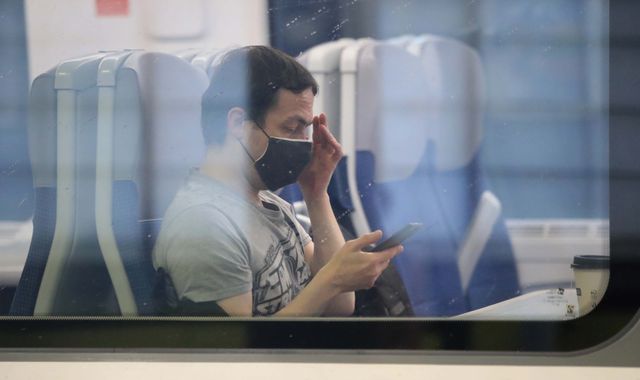To become a detective was once a badge of honour
Written by News on 11/06/2018
A couple of years ago I called a detective I knew on a serious crime squad and asked for some advice on a story.


The picture began to emerge of a literal shift in resources to combat increasing terror activity. And that was before last year’s attacks in Westminster, Manchester and London Bridge.
Then came the poisoning of Russian former double agent Sergei Skripal and his daughter Yulia in Salisbury. At one stage there were 250 investigators assigned to the case.
Other detectives were being reassigned to help out with an explosion of reported historical sex abuse, some of which turned out to be a wild goose chase.
And you didn’t have to imagine the impact it must have been having on less serious crimes, because it emerged that Leicestershire Police had embarked on a pilot, money-saving policy to investigate burglaries only at homes with even numbers.
These days most fraud can be reported only online. And if your car gets stolen while you are on a night out, don’t expect a visit and a lift home in a patrol car.
Things have moved fast against a backdrop of savage budget cuts and falling police numbers.
A year ago police were recruiting graduates for a two-year detective training course.
Around the same time the officers’ union, the Police Federation, warned that police morale was at rock bottom.
This month, police and prosecutors were slammed after admitting dozens of rape trials had collapsed because they had failed to disclose key information helpful to defendants.
Now, the Government has unveiled plans to plug the detective gap with a 12-week fast-track training scheme for graduates. It hopes to train 1,000 in the next five years.
From punter to detective in three months? The Police Federation dismissed the idea as “an insult to experienced, hard-working detectives”.
Once, to become a detective was a badge of honour after years in uniform on the beat, where officers honed their ‘people skills’, learned self-defence and dealt with the many difficulties – and often horrors – the job threw at them.
One former detective said: “It’s a bad idea. Fundamental to a detective’s work is how to talk to people. You can’t learn that on a course.
“But as the disclosure debacle shows, those currently in the job don’t seem to be doing a very good job, so let’s see.
“Part of the shortage problem is that they are so overworked, with poorer training, that many officers don’t want to become detectives these days. Why not? That’s a bigger question that needs answering.”
(c) Sky News 2018: To become a detective was once a badge of honour






